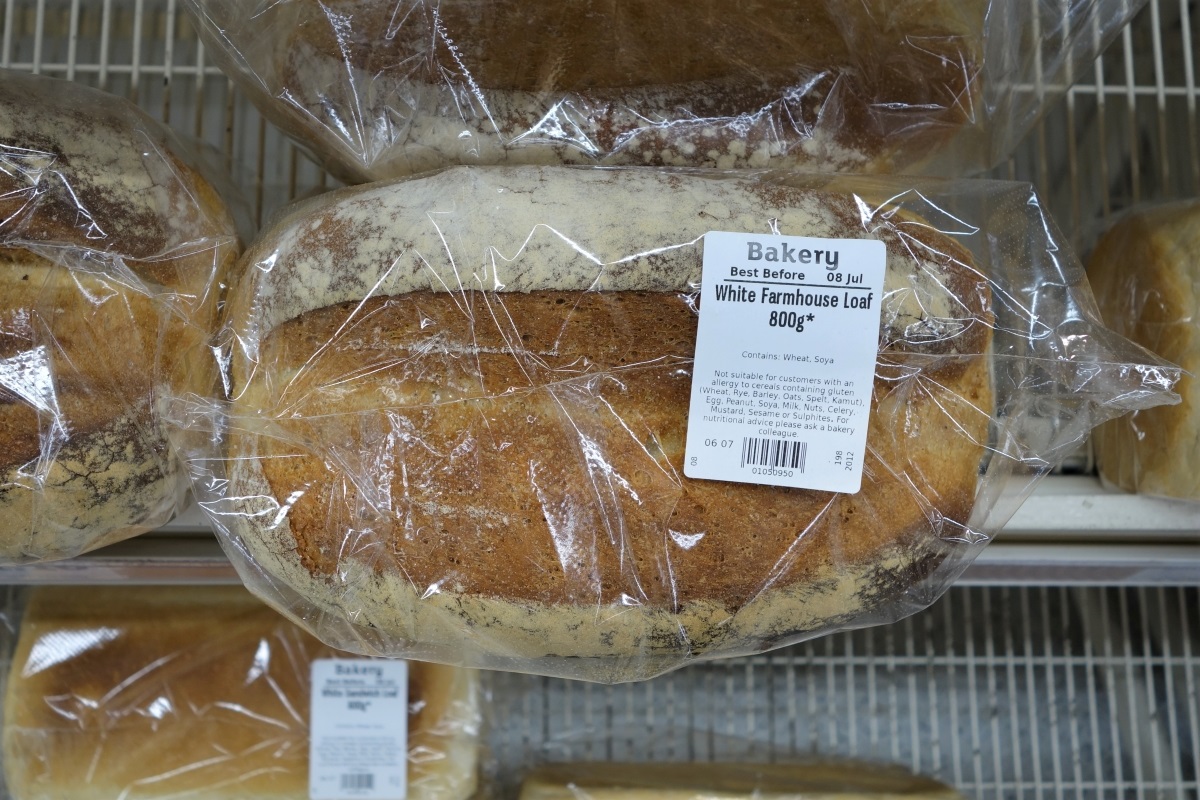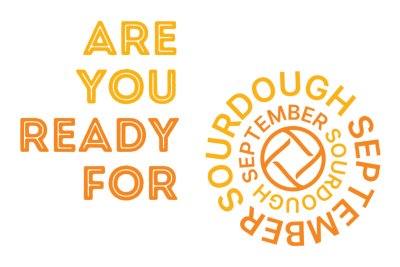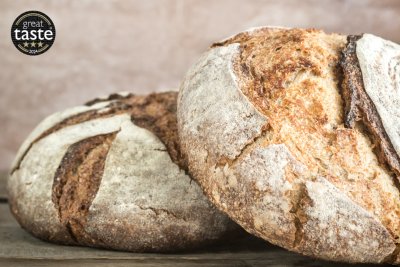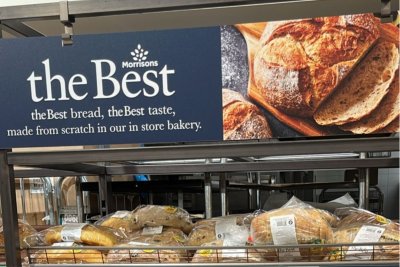
From 1 October 2021, every business that produces food that is pre-packed for direct sale (PPDS) in England, Wales and Northern Ireland will be required to label it with the name of the food and a full ingredients list. Presence of any of the 14 declarable allergens must be emphasised within the list.
Sector-specific guidance for bakers, butchers, caterers, mobile food vendors and other eateries can be found on the Food Standards Agency website.
The Chartered Trading Standards Institute has also produced multilingual allergen guidance and other resources for food businesses in Wales, England and Northern Ireland
In February 2021, Food Standards Scotland (FSS) announced the Scottish government intended to make the same change and FSS planned to issue guidance by 1 October.
What is PPDS food?
It is food that is:
- sold from the same premises at which it is made (eg a bakery that makes from scratch on site) or at a site from which the producer operates (eg farmers’ market stall, retail outlet supplied by central product unit) and
- sealed in packaging before it is ordered or selected.
Shoppers still left in the dark
The Food Information (Amendment) (England) Regulations 2019 (and devolved nation equvalents) bring labelling requirements for PPDS foods in line with those for pre-packed foods.
Retailers selling loose foods (ie unpackaged or that are put into bags/packaging after the customer orders/selects them) however, are still not required to display full ingredients lists.
As part of its long-standing Honest Crust Act calls, the Real Bread Campaign continues to lobby the UK government to introduce mandatory full ingredient labelling/signage for loose loaves, rolls, wraps etc. and sandwiches and other foods made using them.
The Campaign also continues to urge all retailers everywhere to do so voluntarily, for whatever reasons shoppers need or want to know what goes into their food.
Background
Following years of the Real Bread Campaign and others calling for governments and retailers to introduce full ingredient labelling, it took the tragic death Natasha Ednan-Laperouse for the UK government to finally act.
The teenager died from a severe allergic reaction in 2016 after eating a Pret baguette for which full ingredient labelling was not mandatory and the company (like many others) chose not to label voluntarily. The new legislation is known as Natasha’s Law in her memory.
See also
Real Bread Campaign: The Real Bread Campaign finds and shares ways to make bread better for us, better for our communities and better for the planet. Whether your interest is local food, community-focussed small enterprises, honest labelling, therapeutic baking, or simply tasty toast, everyone is invited to become a Campaign supporter.
Sustain
The Green House
244-254 Cambridge Heath Road
London E2 9DA
020 3559 6777
sustain@sustainweb.org
Sustain advocates food and agriculture policies and practices that enhance the health and welfare of people and animals, improve the working and living environment, promote equity and enrich society and culture.
© Sustain 2024
Registered charity (no. 1018643)
Data privacy & cookies
Icons by Icons8







